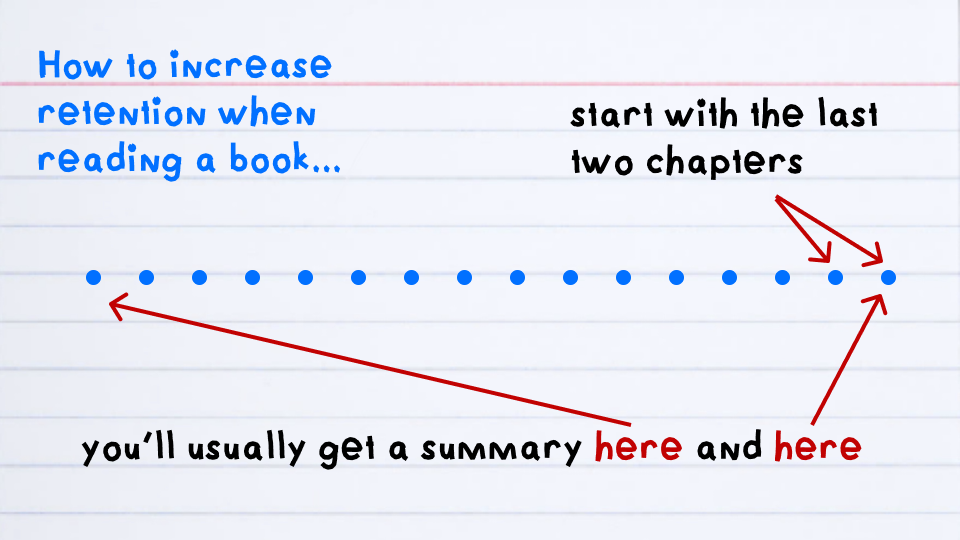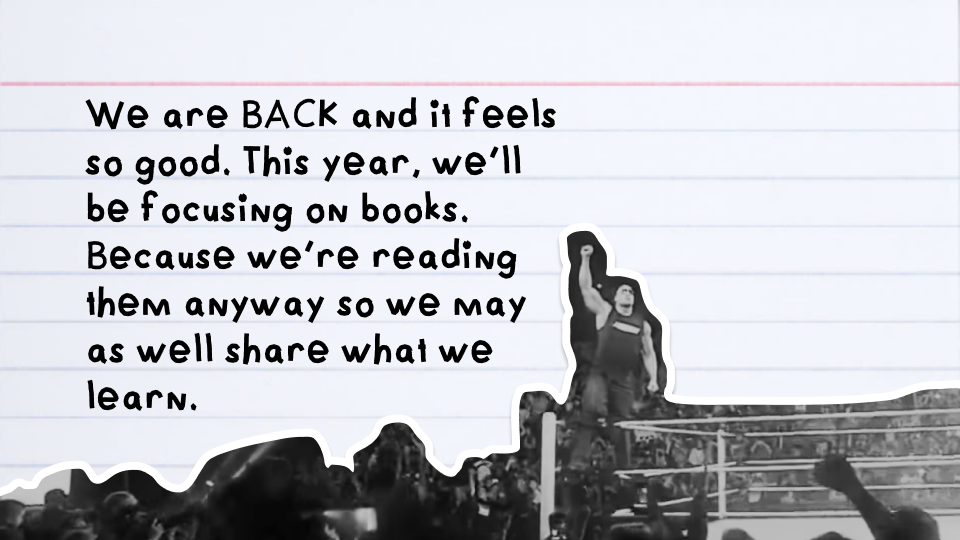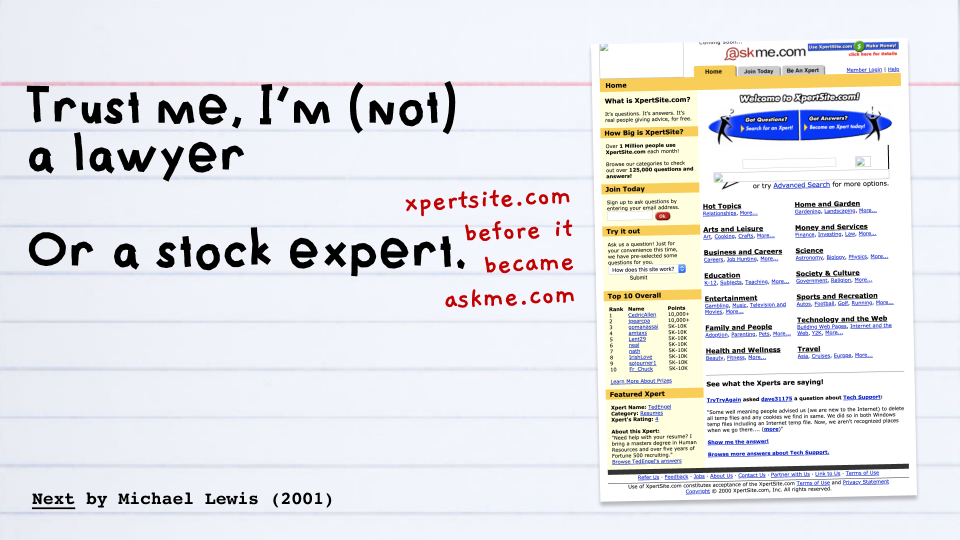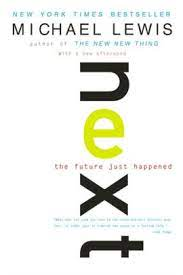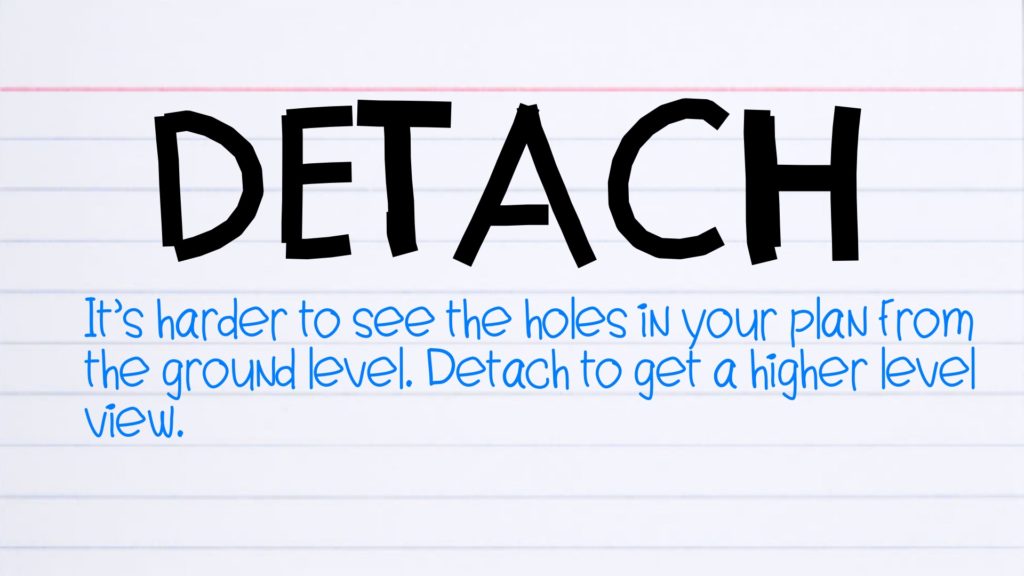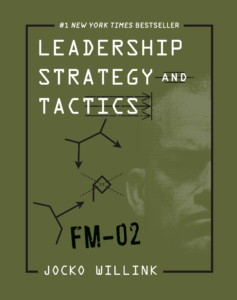Lately I’ve been thinking about how to make the most of audiobooks and have been re-reading How to Read a Book by Mortimer J. Adler. This part of the conversation between Laura Huang and Jason Calcanis resonated with my current focus on becoming more deliberate with my reading.
Jason: I always start with the last two chapters… it’s my strategy for guests on the show. I listen… I start with the last two chapters. Because I feel like they sumize what they’ve said in the book. Then I go back and read, listen to the entire book.
Laura: Interesting.
Jason: So that I get to hear the end twice.
Laura: That’s some good BS-ing, Jason.
Jason: That’s the god’s honest truth, actually. If you actually—ever want to do it on a book, your retention will go way up.
Laura: Alright, interesting.
Jason: Because you’ve listened to the summary twice. At the beginning in the end. And good authors will a lot of time, sort of, tell you upfront: here’s what we’re going to do in the book. But there’s nothing like that summary.
The full episode is really worth listening to and reading this excerpt after typing it out gives it a court transcript sort of feel. It’s really a playful back and forth. That feeling is lost in the fidelity shift from audio to text.
In other words, I love podcasts.
